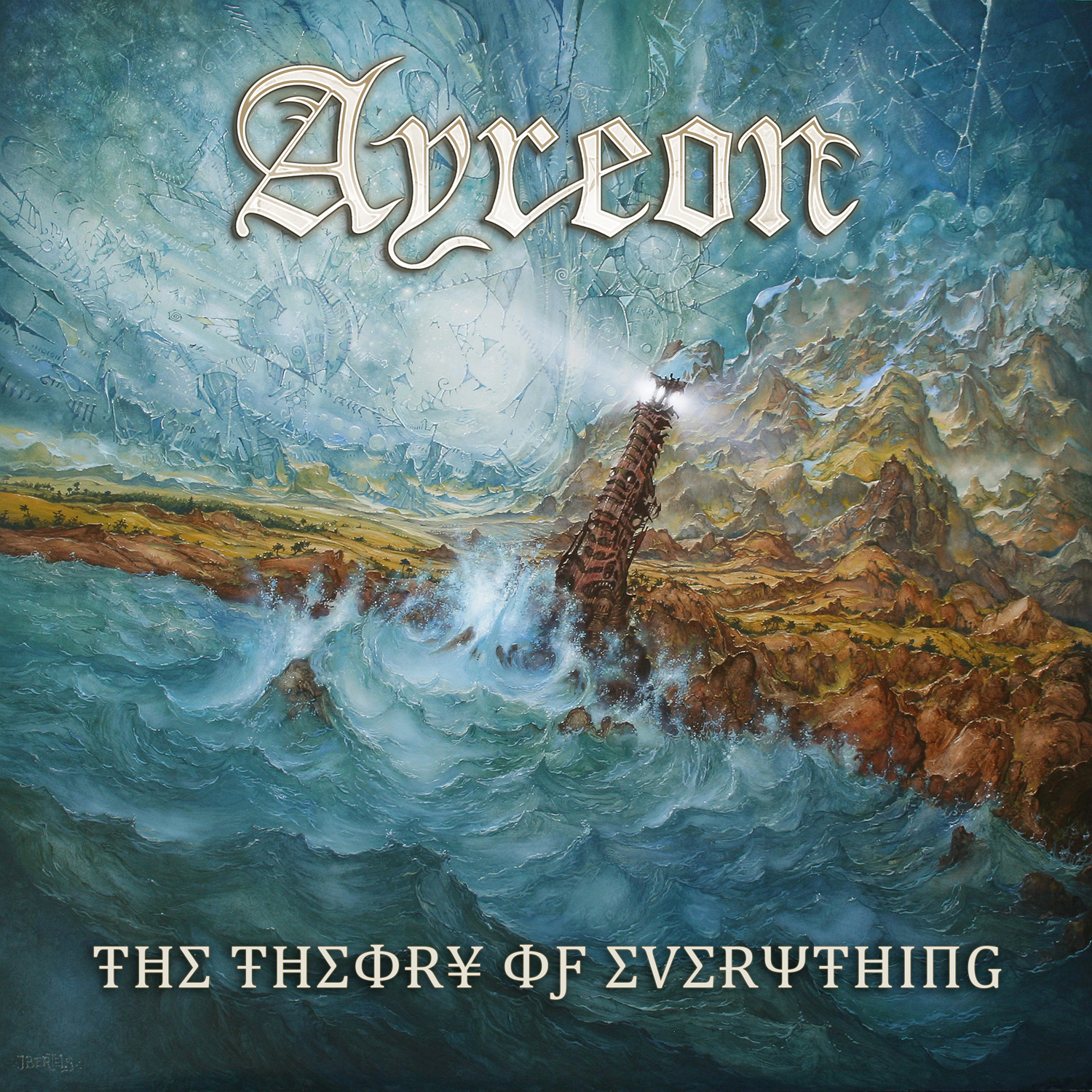
Album Review: Ayreon - The Theory Of Everything
As the resident prog guy here, it's a bit surprising that this is my first experience immersing myself in a full Ayreon album. Arjen Anthony Lucassen's project has sprawled through a series of double albums, amassing some of the greatest talent in the rock and metal world, and giving him standing as one of the biggest figures in all of progressive music. This time around, after the ending of the original storyline and a hiatus for other projects, Ayreon returns with a new story, and a new focus.
“The Theory Of Everything” certainly fits the stereotype of progressive music. Spanning two CDs in just four tracks, broken down into forty-two sub-sections, it goes without saying that there is too much contained in this album to digest all at once. Arjen and his immense cast of collaborators have set out to reinvent Ayreon, but how have they done?
One thing Ayreon's music has always been is lush, which “The Theory Of Everything” surely is. Arjen's production is flawless, giving such clarity to every voice and instrument that it's hard not to be drawn in by the sounds you're hearing.
The problem with the album is the gimmick. Despite being over eighty minutes of music, nothing on the album feels fully developed. Needing to divide the songs into forty-two sections, to play on the joke from “The Hitchhiker's Guide To The Galaxy”, the album is turned into a patchwork with little thread holding the flimsy pieces together. There are surely great moments and movements throughout these tracks, but with the average section lasting two minutes, and the longest not reaching four, there simply isn't enough time for the themes to be polished and turned into something memorable. As soon as you hear a great melody or instrumental idea, it's come and gone, and we're already on to the next idea.
That does keep the album from ever getting stale, and presumably the story is pushed along with some urgency, but it doesn't make for a compelling listen if you aren't reading along and imagining the story unfolding like a movie. Likewise, the most compelling moments of the album are the instrumental passages, where Arjen and his guests explore a wide gamut of sounds. “Progressive Waves” may just be the best segment of the entire album, as guitars, keyboards, and woodwind instruments mix in a swirling dance of glory.
The segments with vocal focus are less successful, though not for the efforts of the singers. Everyone Arjen has cast this time round puts their all into their performances, and they show why they were picked to help flesh out this project. From Kamelot's Tommy Karevik, to Grand Magus' JB, to Lacuna Coil's Cristina Scabbia, the vocals are as expertly performed as every other aspect of the album. What's noticeable, however, is how little material they are given to work with. Even in their short running times, the segments aren't given strong melodies to flesh them out. There's so much focus on telling the story that the songs get buried under the narrative.
Ayreon has a reputation for being one of the best 'more is more' progressive bands in the world, but none of that comes through on this album. The whole thing gives off the impression of trying too hard, as if beating us over the head with the story is the best way of making its point. “The Theory Of Everything” is grand and epic, but it's also hollow and not fully-formed. Funny as it might be to say, the album needed to be bigger to ever live up to its intent. There just aren't enough songs here to make it a real album.

